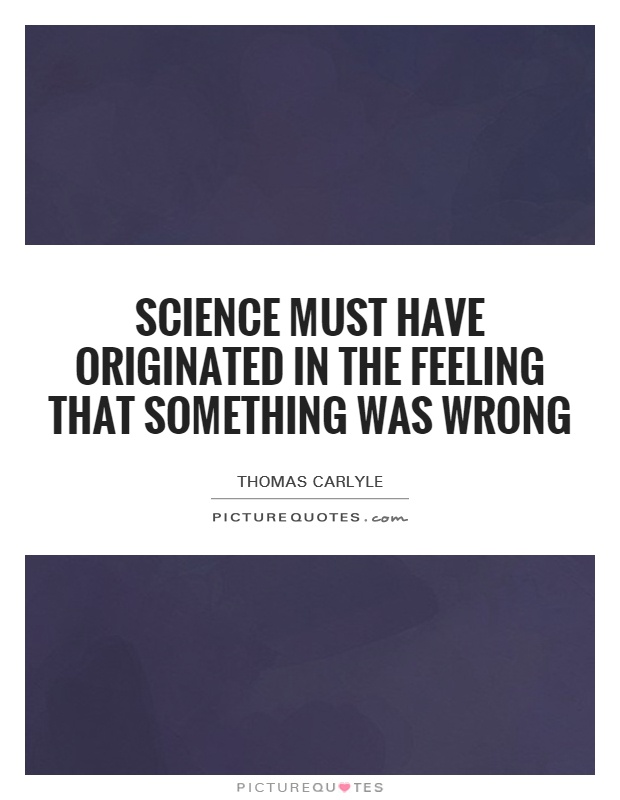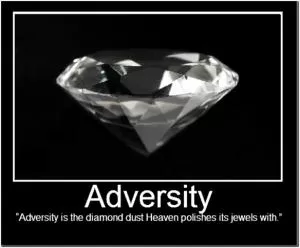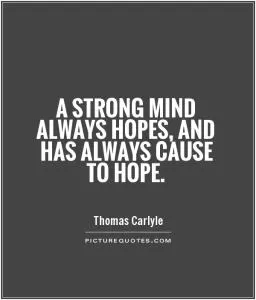Science must have originated in the feeling that something was wrong

Science must have originated in the feeling that something was wrong
Thomas Carlyle, a prominent Scottish philosopher and writer, once famously said, “Science must have originated in the feeling that something was wrong.” This statement encapsulates the essence of Carlyle’s belief that the pursuit of scientific knowledge is driven by a deep-seated dissatisfaction with the status quo and a desire to uncover the underlying truths of the natural world.Carlyle’s assertion can be interpreted in several ways. One interpretation is that the origins of science can be traced back to a sense of curiosity and wonder about the world around us. Humans have always been fascinated by the mysteries of nature and have sought to understand the underlying principles that govern the universe. This innate curiosity drives scientists to ask questions, conduct experiments, and seek out new knowledge in order to unravel the mysteries of the natural world.
Another interpretation of Carlyle’s statement is that science is born out of a sense of dissatisfaction with the current state of knowledge. Throughout history, scientific progress has often been driven by the recognition that existing theories and explanations are inadequate or incorrect. Scientists are constantly challenging established beliefs, pushing the boundaries of knowledge, and seeking to uncover new truths that can help us better understand the world we live in.
Carlyle’s statement also suggests that science is a tool for addressing the problems and challenges that we face as a society. By seeking out new knowledge and understanding the underlying principles of the natural world, scientists are able to develop innovative solutions to complex problems, improve our quality of life, and advance human progress. In this sense, science is a powerful force for positive change and a means of addressing the “wrong” that Carlyle refers to.
Overall, Carlyle’s assertion that “Science must have originated in the feeling that something was wrong” highlights the fundamental role of science in our quest for knowledge, understanding, and progress. It reminds us that science is driven by a sense of curiosity, dissatisfaction, and a desire to uncover the truths that lie beneath the surface of the natural world. By embracing these principles, we can continue to push the boundaries of knowledge, address the challenges that we face, and create a better future for all.












 Friendship Quotes
Friendship Quotes Love Quotes
Love Quotes Life Quotes
Life Quotes Funny Quotes
Funny Quotes Motivational Quotes
Motivational Quotes Inspirational Quotes
Inspirational Quotes